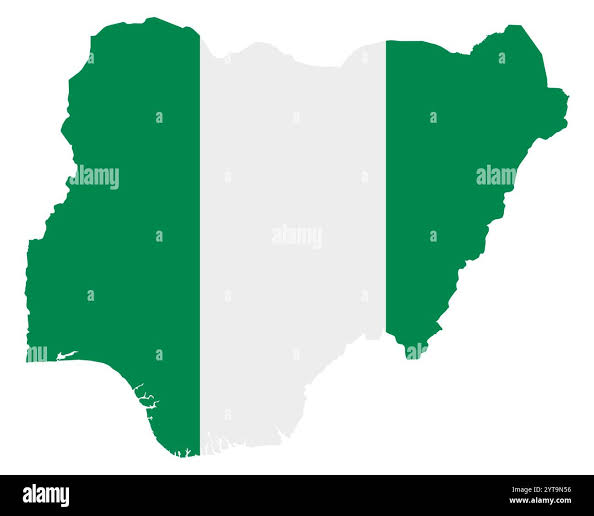Over 70 per cent of Nigerians believe the government and the nation’s wealthy elites are deliberately misleading and exploiting citizens, a new report by the Edelman Trust Barometer has revealed.
Launched in Lagos on Wednesday, the 2025 edition of the global trust survey paints a stark portrait of public perception in Nigeria, where persistent economic hardship, insecurity, and governance failures continue to erode institutional credibility.
Tagged “Trust and Crisis of Grievance,” the report marks 25 years of tracking global sentiment across four key institutions—government, business, NGOs, and media. For Nigeria, the findings are sobering.
“Seven in 10 Nigerians hold grievances against the government, primarily for intentionally misleading the public,” said Wandile Cindi, Senior Strategist and Reputation Advisor at Edelman Africa, during his keynote address at the report’s unveiling.
The data further showed that 62 per cent of respondents believe the rich do not pay their fair share of taxes, while 74 per cent blame the selfishness of the wealthy for many of the country’s woes.
Amid these frustrations, 52 per cent of Nigerians now support hostile activism as a legitimate path to effect change—a signal of deepening civic agitation and declining faith in peaceful reform.
Despite a marginal rise in the country’s overall trust index from 61 in 2024 to 65 in 2025, government institutions remain the least trusted, with their competence and ethics scores plummeting to -46 and -31 respectively.
“There’s been a significant increase in job-related fears—from automation to offshoring,” Cindi noted. “Even employers, long seen as trustworthy, are facing a drop in confidence.”
According to the report, conducted via online interviews with over 33,000 people in 28 countries—including 1,150 Nigerians—the demographic sample was balanced for age, gender, region, and ethnicity, with results tested at a 99 per cent confidence level.
The report reveals a troubling rise in fear of discrimination, with 75 per cent of Nigerians expressing concerns about prejudice—a nine-point jump from the previous year. This fear cuts across income brackets, including among high earners.
Still, half of Nigerians remain optimistic about the future—a rate higher than in many developed countries such as the UK, Germany, and Japan.
While trust in NGOs, businesses, and media slightly improved, experts at the launch stressed that without urgent and ethical reforms in government, institutional trust will continue to fray.
“Trust can only be rebuilt if institutions act ethically and competently,” Cindi said. “In Nigeria, NGOs and businesses are seen as both. Government must demonstrate results that improve everyday lives.”
A panel session moderated by media personality Olive Emodi featured leaders from academia, business, and the non-profit sector, who agreed that solving Nigeria’s trust crisis requires collaborative, cross-sectoral action.
Ofovwe Aig-Imoukhuede, Executive Vice Chair at the Aig-Imoukhuede Foundation, urged an end to siloed thinking.
He said “We’re very good at complaining but not so good at providing solutions,” she said. “The problems we face cannot be solved by one group alone.”
Ikechukwu Obiaya, Dean at Pan-Atlantic University’s School of Media and Communication, echoed this, saying, “Grievance is real, but we must ask ourselves: what role am I playing? We all have a part.”
Amaechi Okobi, Chief Brand and Communications Officer at Access Holdings, stressed the need for empathy and grassroots-level trust-building.
“When I stopped just reporting problems and started offering solutions, people listened. That’s what we need more of,” he said.
On public service reform, Aig-Imoukhuede cited the foundation’s work in digitalising Nigeria’s civil service since 2020.
“The private sector will only thrive when the public sector thrives. Many civil servants lack basic tools—we must close that gap.”
She also highlighted the importance of data-driven accountability, pointing to the BudgIT Tracka platform as an example of citizen-led monitoring that’s driving real change.
Kwame Senou, Executive Director at The Holding Opinion, questioned Nigeria’s collective identity. “Are we truly a nation or just individuals living within borders?” he asked, urging a shift from individualism to national responsibility.
The report also found that seven in 10 Nigerians believe journalists knowingly mislead the public. Addressing this, Obiaya pointed to systemic issues such as political ownership of media outlets and poor journalist welfare, especially during election seasons.
In a goodwill message, African Public Relations Association Secretary-General, Omoniyi Ibietan, described the Edelman Barometer as a vital diagnostic tool.
“Trust is now a currency of modern leadership,” he said. “It defines the effectiveness of communication, governance, and societal development.”
Do you want to share a story with us? Do you want to advertise with us? Do you need publicity for a product, service, or event? Contact us on WhatsApp +2348183319097 Email: platformtimes@gmail.com
We are committed to impactful investigative journalism for human interest and social justice. Your donation will help us tell more stories. Kindly donate any amount HERE




